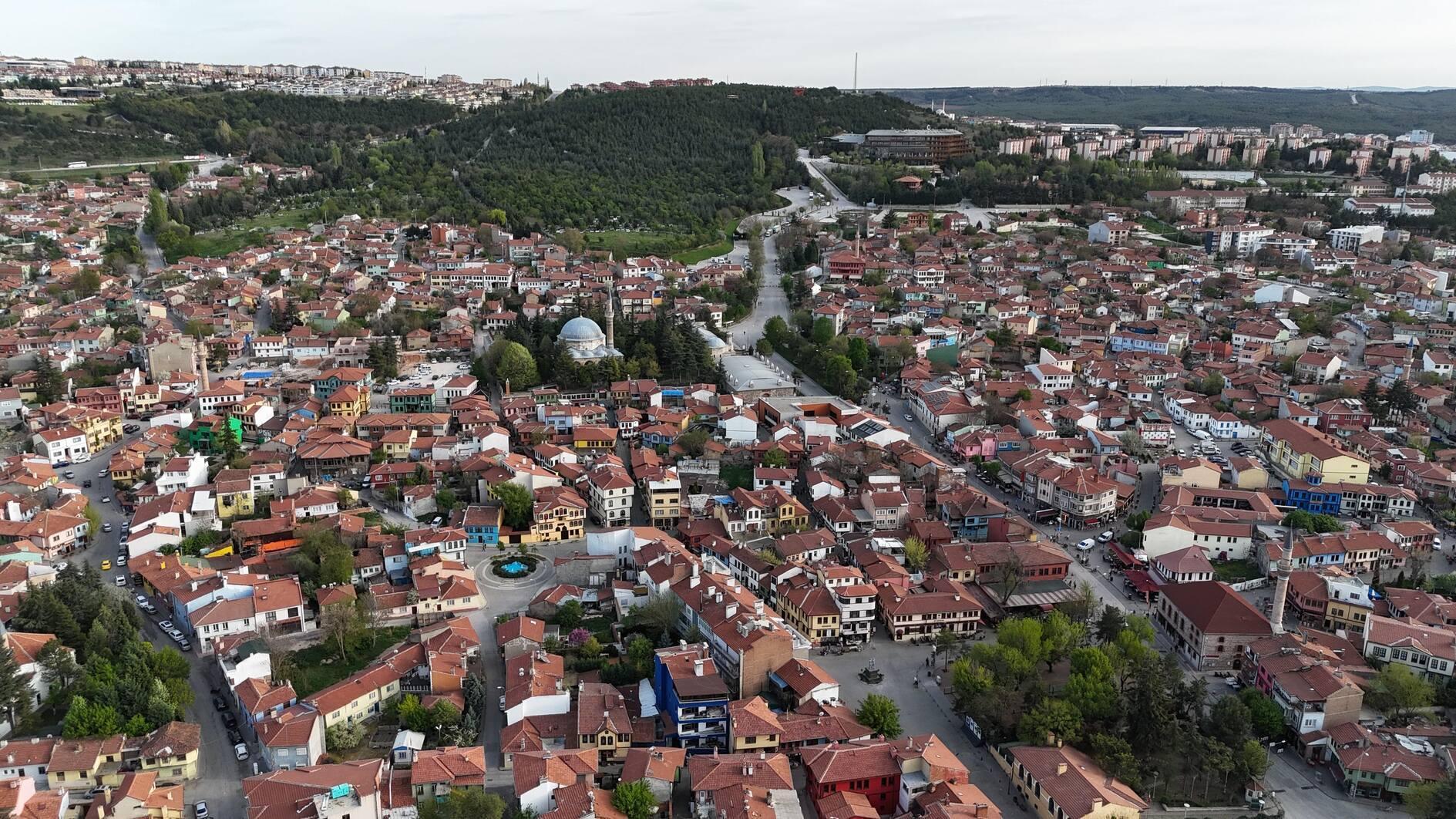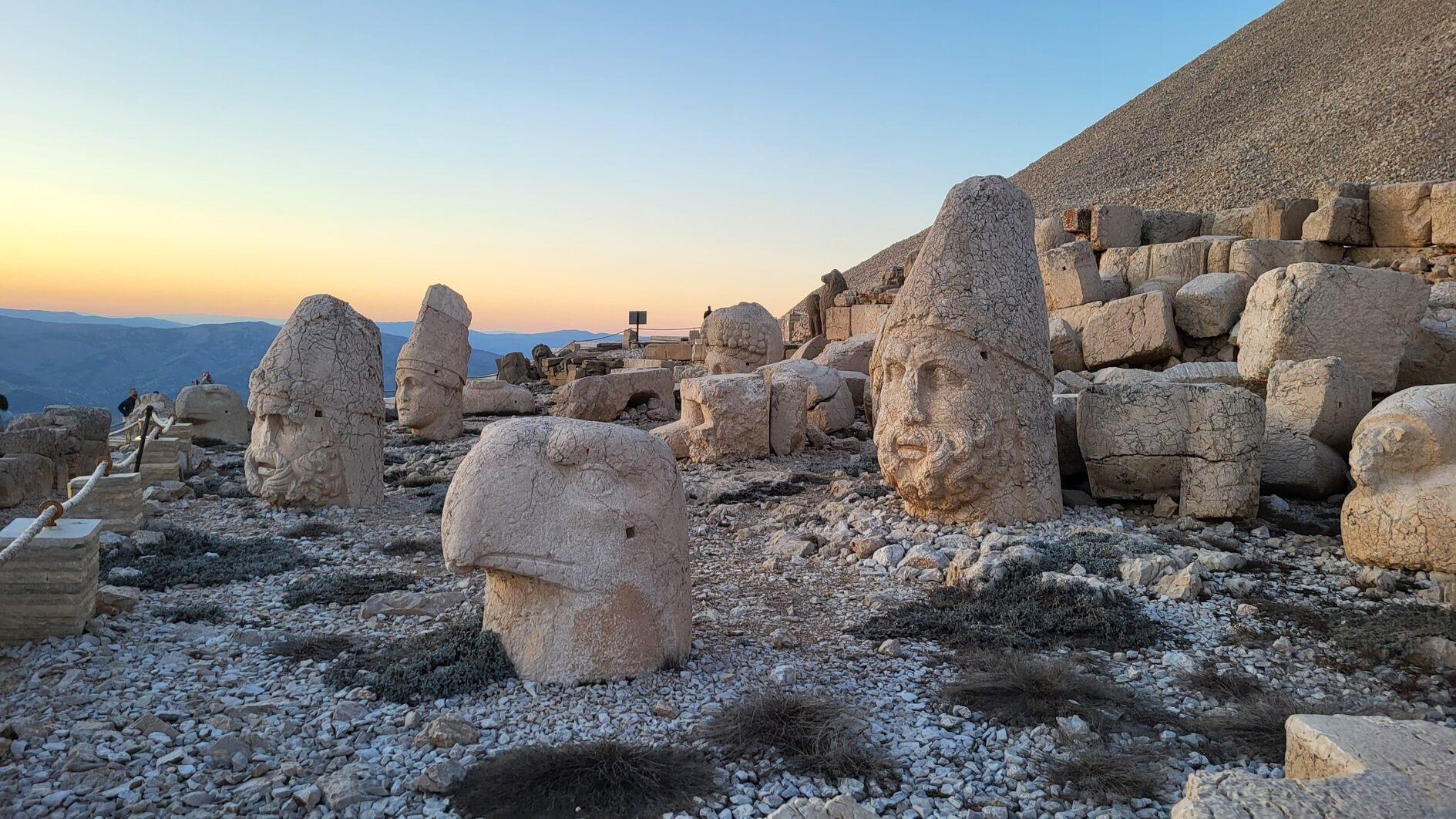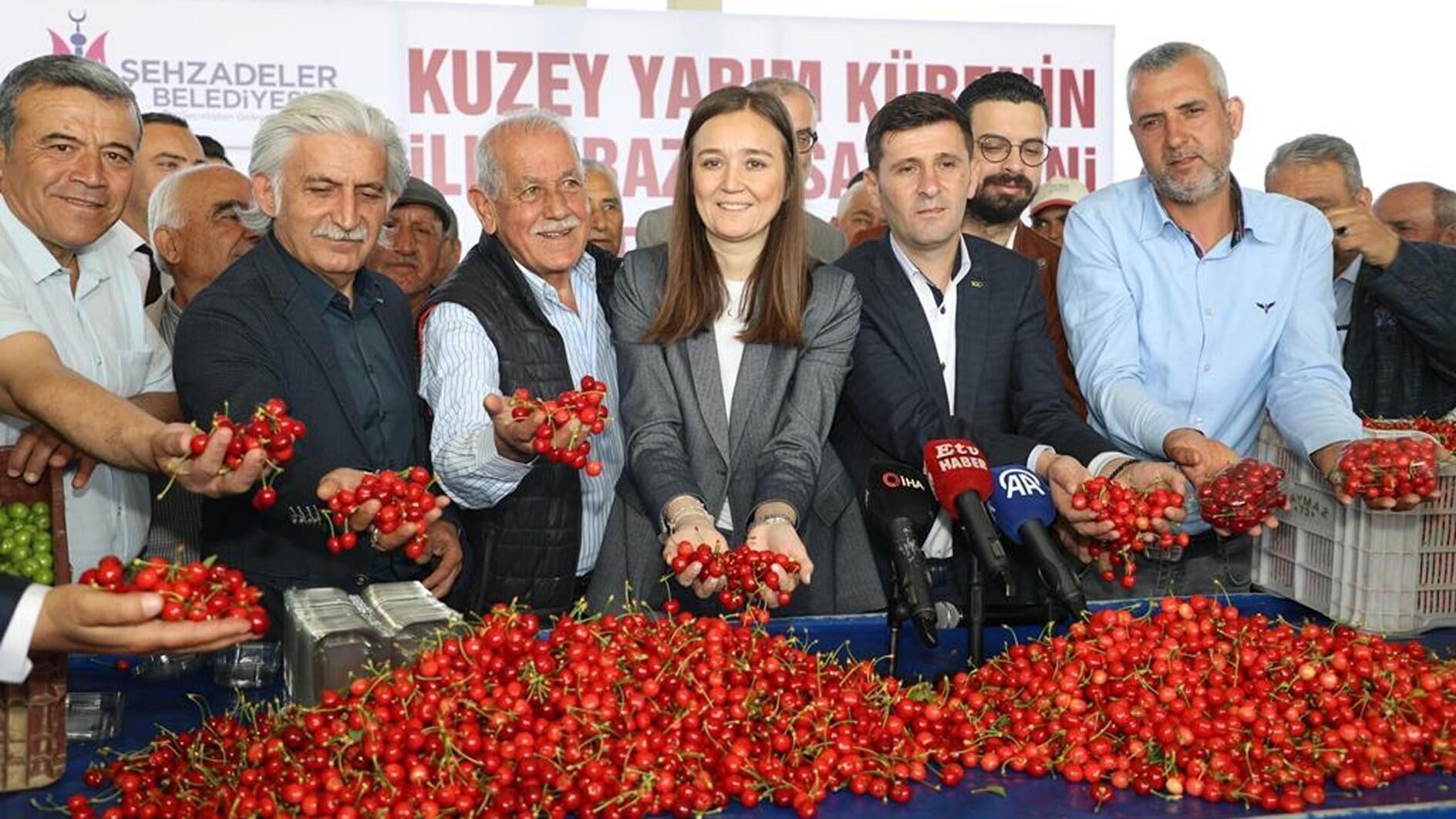UN bound to fail again in Israel
Before going to Egypt to carry out talks with President Mohamed Morsi, Turkish Prime Minister Tayyip Erdoğan answered the questions of journalists on Friday in quite an upset tone. “There is no point talking to Israel,” he said, referring to the ongoing military operation against Gaza.“It is the duty of the United Nations Security Council to stop it.”
U.N. Secretary General Ban Ki-moon is scheduled to go to Gaza on Nov. 20 to observe the situation with his own eyes. It was only a few days ago that he warned world leaders that the Middle East was about to explode. It is one point to ask how many people will get killed on the Palestinian and Israeli sides by then. It is another point to ask whether the U.N. has any power to stop the operations, or any authority left to tell both Israel and Hamas to stop it.
The answer is a big “No” and everybody knows it, including Ban himself.
It is likely that the U.S. is not going to allow any U.N. Security Council resolution against Israel by using its veto power as it has been doing for a long time. Just like Russian and Chinese vetoes on any action against Syria enabled Bashar al-Assad to carry out more attacks on his own people, deepening the crisis there into a civil war and jeopardizing the already fragile security atmosphere in the Middle East.
That is why the U.N. is bound to fail again in stopping Israel conducting a wide-scale Gaza operation.
The U.S. is acknowledging Israel’s right to defend itself, which is normal, but fails to acknowledge the same thing for Palestinians. Hamas attacks on Israeli people (now able to hit Tel Aviv) are unjustifiable, but the same sentence should be valid for Israel’s disproportionate use of force on the Palestinian people.
Erdoğan pointed out the timing of the Israeli operations, saying the last big Gaza operation was started right before the elections in 2008. Israel will have early elections on Jan. 22, 2013 and Prime Minister Netenyahu wants to endorse his position without losing any ground to his coalition partner Avigdor Lieberman. Turkish President Abdullah Gül has called the Israeli operation “a bloody election investment”.
Erdoğan is upset about the unfairness of the U.N. system, about the abused veto power of the five permanent members of the Security Council. He has a point in that.
But there is no hope in the near future that this system will change. It is not only the U.S. and its policy of protecting Israel even when Israel does something wrong. Russia and China would never want to lose their veto power; they have used it three consecutive times to protect Syria this year.
Who would like that? The Yalta deal to share power was designed to protect the macro balances of world politics after the Second World War, plus the first five holders of the atomic bomb. For how long can it continue like this? Another 20, or 30 years? The top five and their unnamed sixth, Germany, will try their best to keep it as such. The lives lost in the meantime will just be a cost for them to keep the bigger system going when you look down from the Security Council.
Coming back to Israel, it is not only countering a terrorist attack by using excessive force and expecting an election victory out of it. It is also something to do with stopping Palestinians from getting U.N. recognition (in a vote scheduled to take place on Nov. 29) by hijacking the international attention from the Syrian crisis.
The next might be Lebanon, and it might spill into Jordan, as the two countries neighboring both Israel and Syria are up to their neck in Palestinian issues. Not many people are now interested in what is happening in Iraq, but it may not keep its critical balance for too long.
The U.N. system, unable to intervene in any crisis in which at least one of the five takes sides, is a source of pessimism for regional peace.











